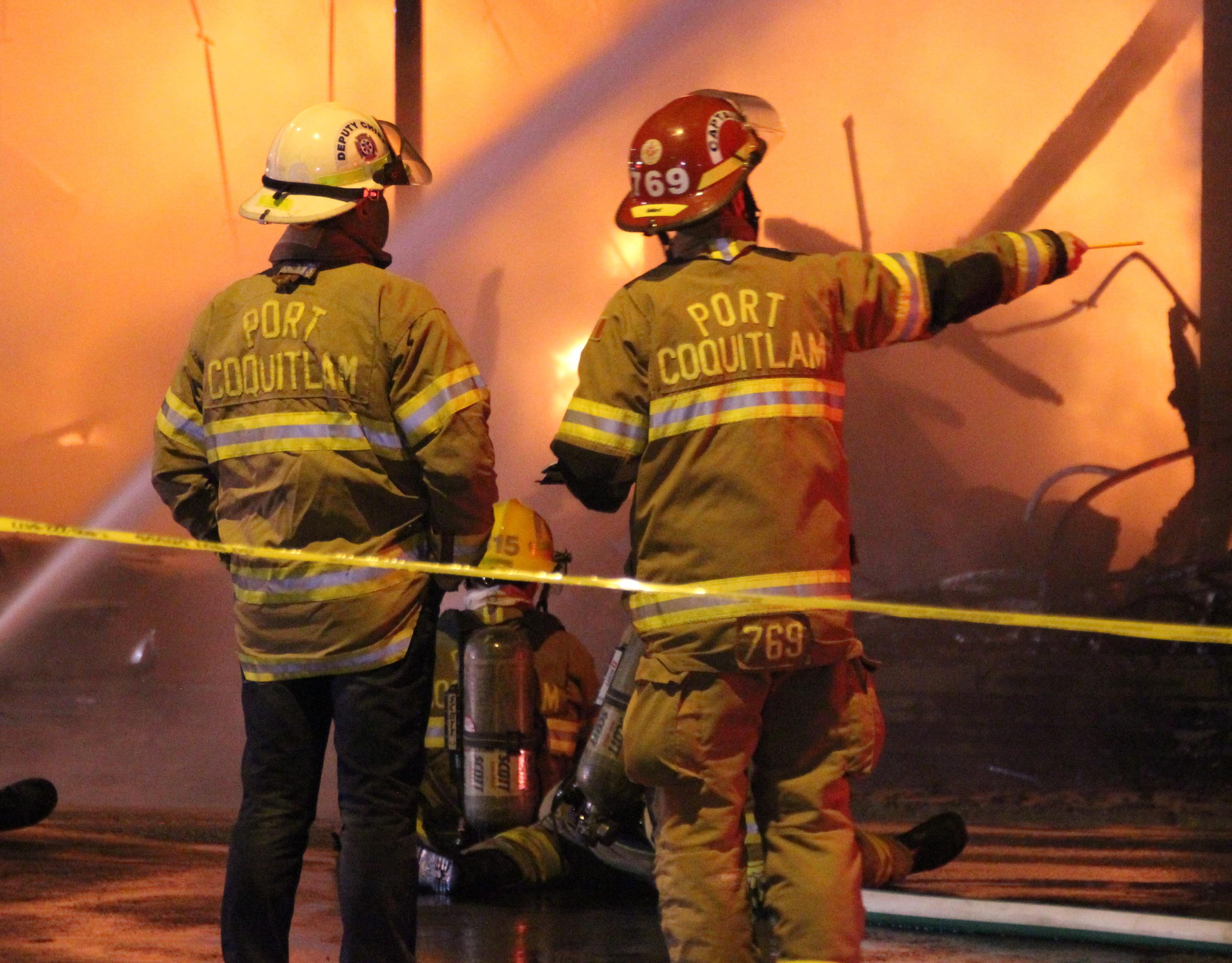Get the help you need right now 855-900-8437 Get Help Now
Get the help you need right now 855-900-8437 Get Help Now
January 22, 2020
If you don’t have post-traumatic stress disorder (PTSD), it can be difficult to understand the ways it may impact family members, friends, and co-workers who have the condition. You may wonder why they can’t “shake off” their trauma, or why seemingly trivial things can trigger such intense reactions.
PTSD may be perplexing as someone on the outside looking in. However, it’s important to recognize that many symptoms of PTSD are caused by structural changes in the brain. Trauma can shake a person to their core, throwing their beliefs about themselves, others and the world into question. If you want to support your loved one, you can take steps to understand their disorder and find productive, helpful ways to talk to them about it.
Even people with the best intentions can discuss PTSD in a way that’s calloused or cruel. Recognizing helpful and harmful ways of talking about the disorder can make a difference for friends, family, and co-workers.
Wanting the people close to you to feel understood is a natural instinct. Knowing that someone else has been through what we’re going through has likely been a source of comfort and solace during hard times in your life. However, when it comes to PTSD, you truly can’t understand what your loved one is going through unless you’ve been through trauma and experienced the disorder yourself.
You haven’t endured their experiences, and you haven’t dealt with the symptoms that they likely struggle with on a daily basis. Paradoxically, telling your loved one that you “understand” can make them feel profoundly misunderstood since they know there’s no way you could truly understand. In the end, this may only add to their feelings of isolation and hopelessness.
The burden of trauma is a heavy one to bear. Simply being able to tell a trusted person about an experience is enough to lighten the load, if only for a little while. Because of this concept, sometimes the best thing to say to someone who’s struggling is nothing. Let them know that you’re there to listen if they want to talk about their trauma. Even when you can’t fully understand their experiences, taking the time to listen to your co-worker, friend or family member can make them feel less alone. At the very least, they’ll know that you care enough about them to learn more about what they’ve gone through. Talking through what happened to them, or what they go through on a daily basis may even help them better understand themselves and facilitate their healing.

Watching someone close to you struggle for weeks, months or even years can be frustrating. After so long, you may be tempted to resort to tough love, telling them to “stop living in the past,” or reminding them that “it’s been 17 years” since a traumatic event. While this might seem like it could be helpful, it might add to the guilt and shame your loved one likely feels about the disorder. In truth, many people deal with serious symptoms of PTSD for decades before getting the help they need. Even after professional care, many individuals experience some degree of symptoms for life.
PTSD can’t be resolved overnight. Learning the skills needed to manage and cope with the condition takes time. If you want to support someone with PTSD, let them know that you’ll be there for them on the good days and the bad days. Be respectful of what they’re going through and validate their experience. If they decline to participate in certain activities or go to certain places because they think those activities or places might be triggering, respect their decision. Be as patient as you can.
While support is crucial for individuals with PTSD, it’s important not to cross the line from helping to enabling. Denying that a problem exists or using drugs and alcohol to cope with issues will only make things worse. If your loved one grapples with addiction or refuses to seek help, it may be time to reach out to a professional treatment center. The IAFF Center of Excellence was created to connect fire fighters and paramedics to specialized care for behavioral health and substance abuse disorders. Reach out to a representative today to learn more.
Sources:
Nutt, D.J. and Maliza, A.L. “Structural and Functional Brain Changes in Posttraumatic Stress Disorder.” Journal of Clinical Psychiatry, 2004. Accessed November 26, 2019.